By Rachel Dawson
Is Oregon meeting its 2020 greenhouse gas (GHG) emission reduction goals? It depends on how you measure emissions.
The Oregon Legislature established GHG reduction goals in 2007 through HB 3543. The law called for reducing GHGs to 10% below 1990 levels by 2020, and 75% below 1990 levels by 2050.
However, the statute does not say whether GHGs should be measured in the aggregate or on a per capita basis. This is an important distinction given Oregon’s population growth since 2007.
The Oregon Global Warming Commission (OGWC), a group created by HB 3543, insists on measuring total GHG emissions. Using this metric, Oregon produced 13% more total emissions in 2017 compared to 1990 levels, and thus appears to be failing.
When measured on a per capita basis, Oregon GHG emissions in 2017 were actually 21% lower than 1990 levels. We have more than doubled the 10% emissions reduction goal, three years ahead of the deadline.
In fact, Oregon has improved its energy efficiency so much that per capita energy use in 2016 was the lowest it’s been since 1960, declining 37% since it peaked in 1972. Oregon has the lowest per capita energy use in the entire Northwest.
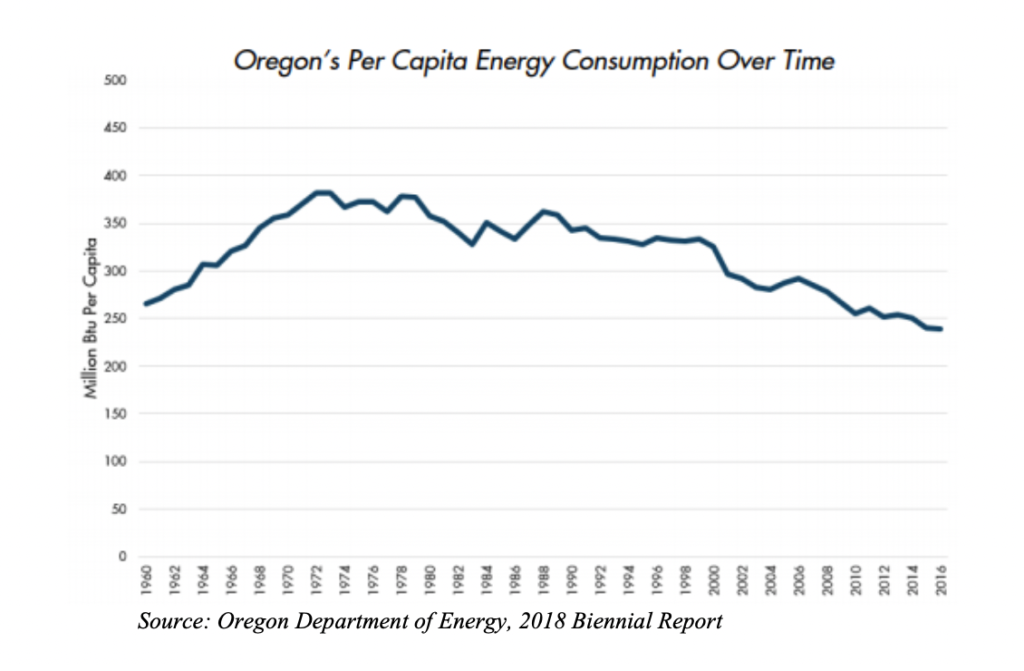 Unfortunately, you won’t see any celebration from the Global Warming Commission, because good news doesn’t sell. More importantly, the Commission needs the perception of a crisis in order to justify Governor Brown’s climate change agenda. Oregon legislators should remember this when the Governor’s cap-and-trade bill is debated in February.
Unfortunately, you won’t see any celebration from the Global Warming Commission, because good news doesn’t sell. More importantly, the Commission needs the perception of a crisis in order to justify Governor Brown’s climate change agenda. Oregon legislators should remember this when the Governor’s cap-and-trade bill is debated in February.
Rachel Dawson is a Policy Analyst at Cascade Policy Institute, Oregon’s free market public policy research organization.
Click here for PDF version:
02-05-2020-Oregon_is_meeting_its_2020_GHG_emissions_goals_depending_on_how_you_measure_itPDF
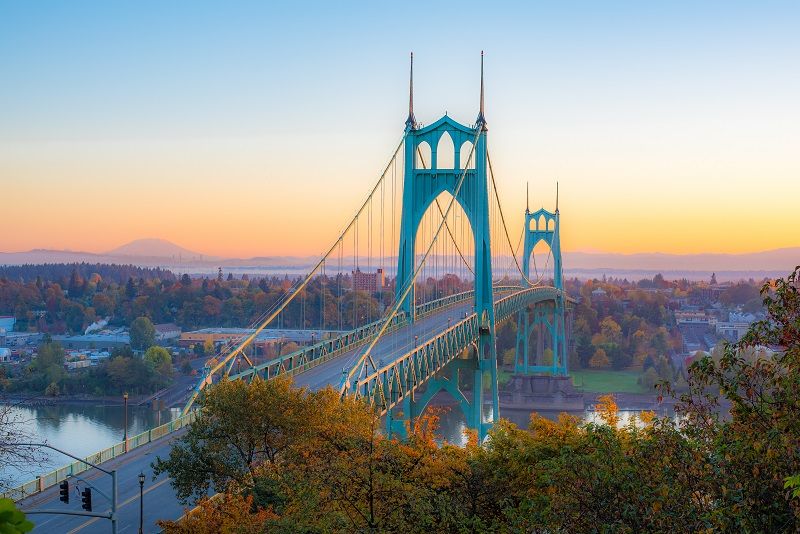

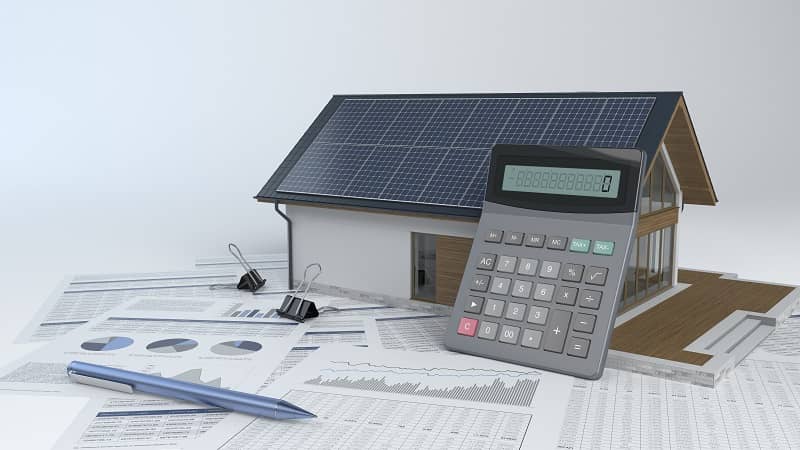


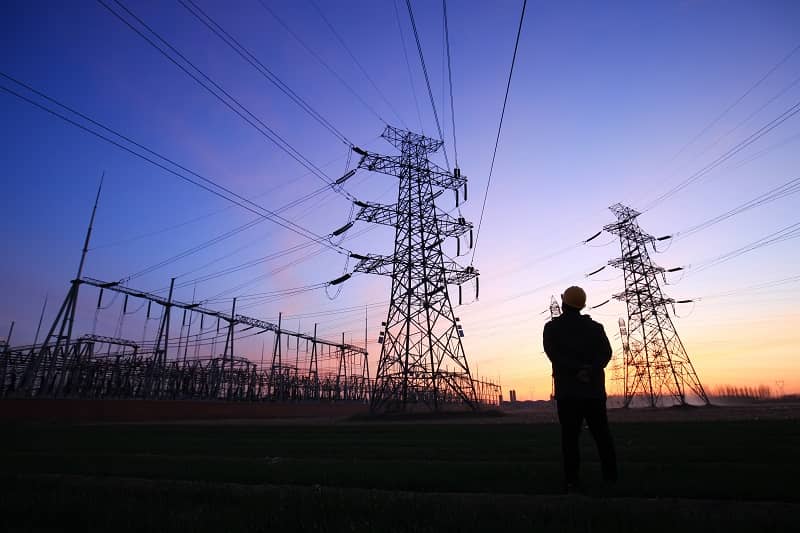
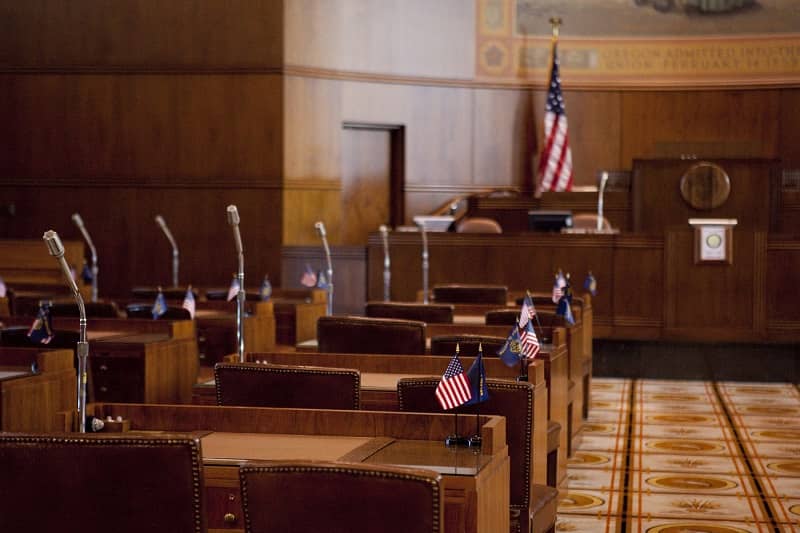
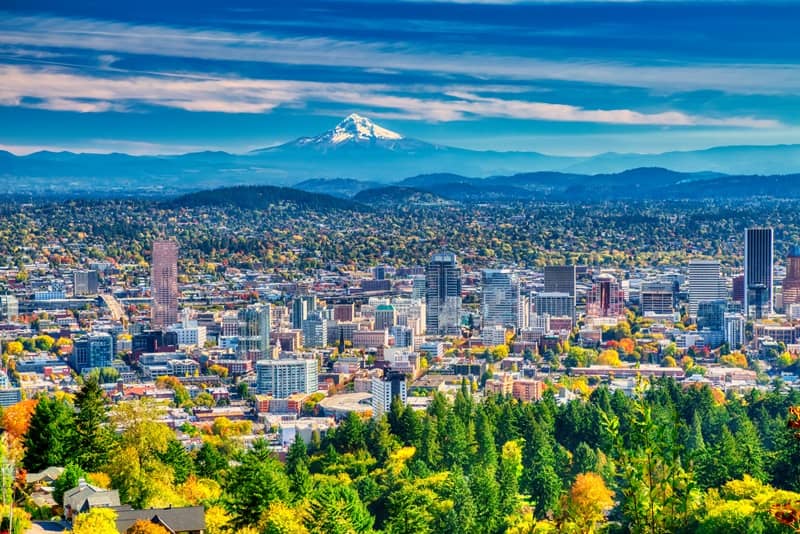

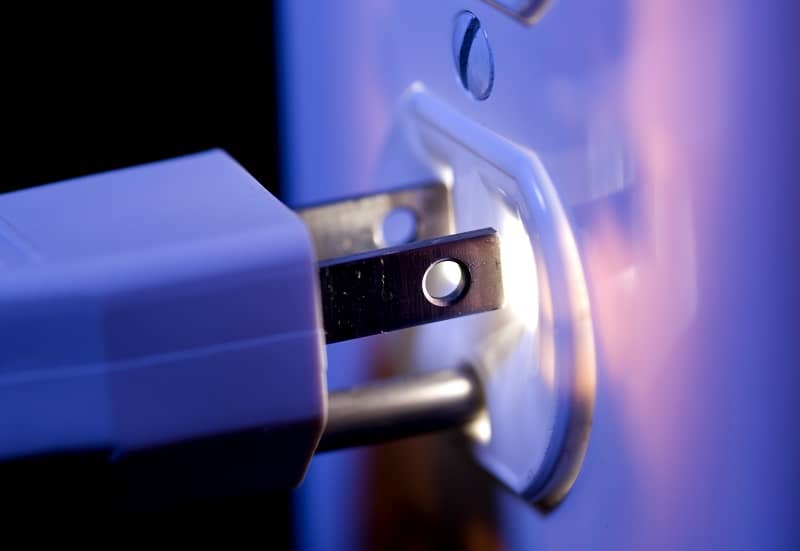
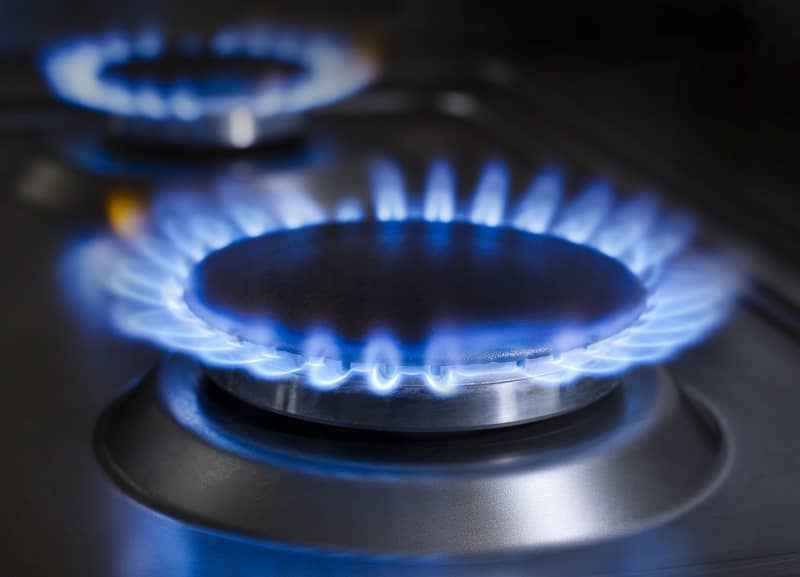
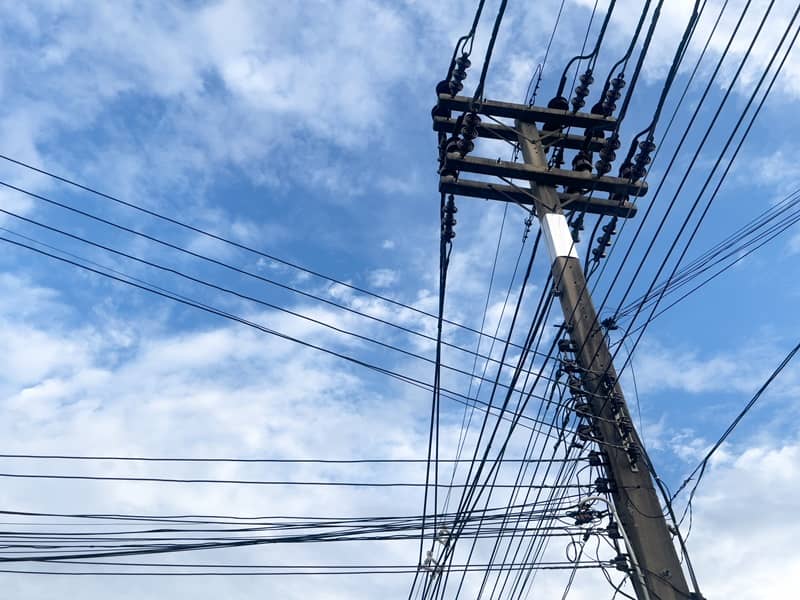

Bob "Elvis" Clark
I raised this point in testimony before the HB2020 legislative hearing in February 2019, last year. I argued for population adjustment of targets, otherwise HB2020’s CO2 reduction goals are just plain too draconian. But Representative Power and Senator Dembrow don’t care about this dimension of the burden they seek to impose on Oregonians.
HB2020 is more about creating a whole new army of state bureaucrats intervening in minute details of our lives, and about feeding the coffers of politicians “green” donors.
It is also ironic, Governor Brown in her debate with Knute Buhler talked of energy intensity, connoting she is for the per capita measure. But what Governor Brown says in public, and what we get in practice are two different things…usually a bad outcome for the public in general.
Gayle Fitzgerald
This governor needs to listen to the people. We are tired of her pushing her agenda down our throats.